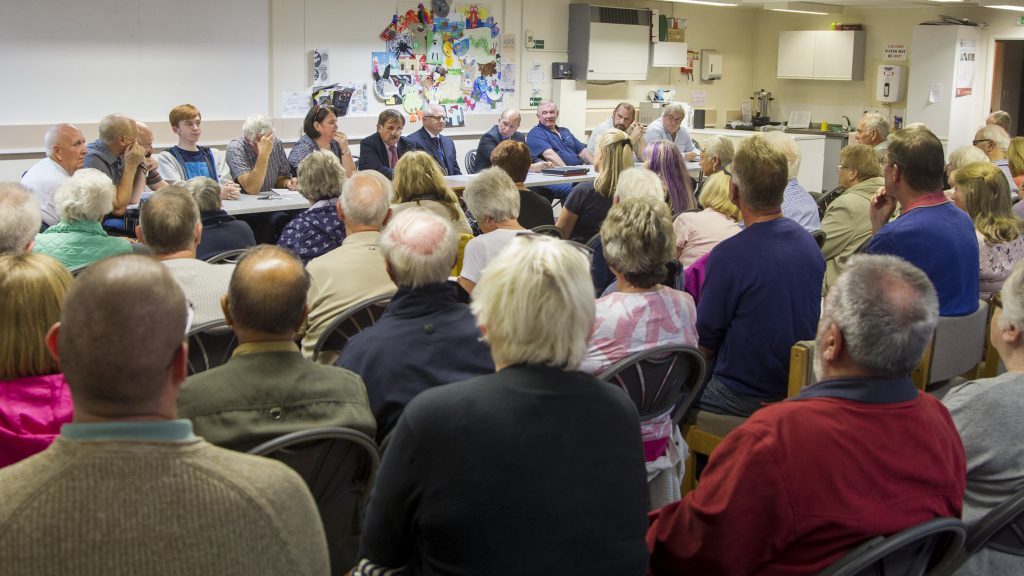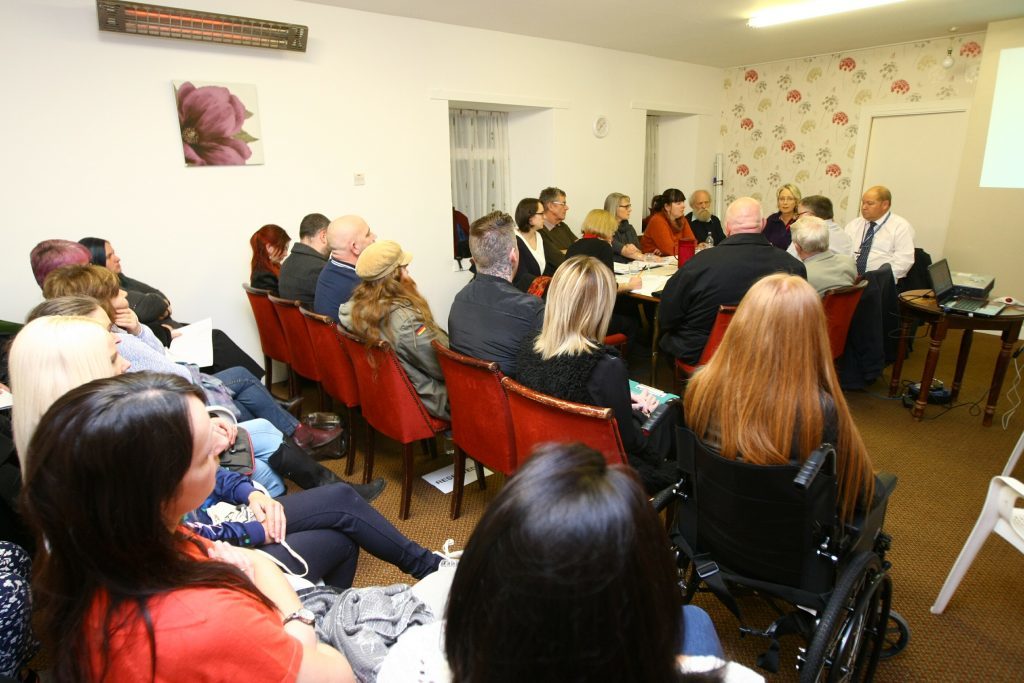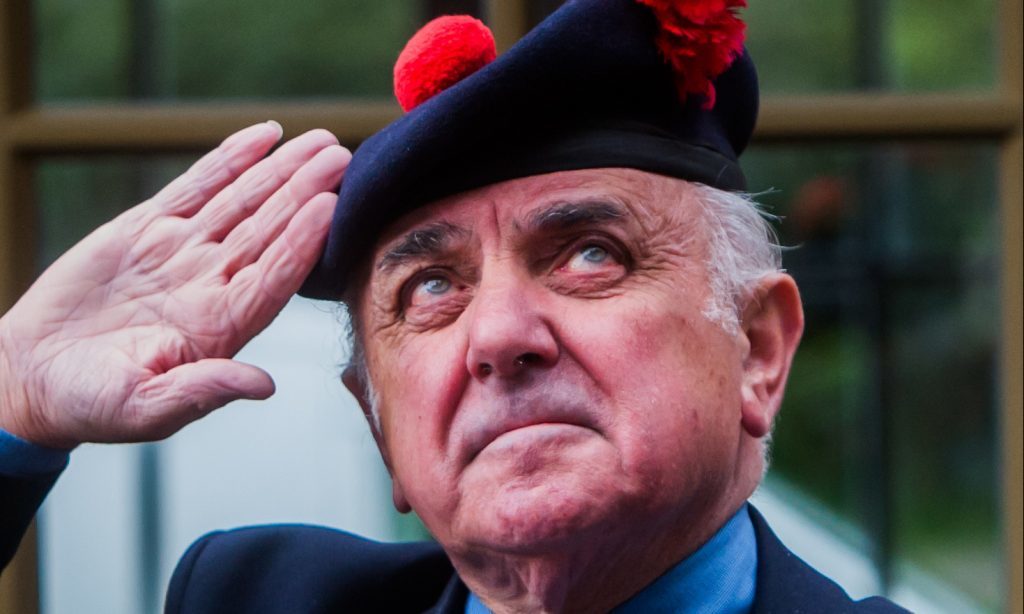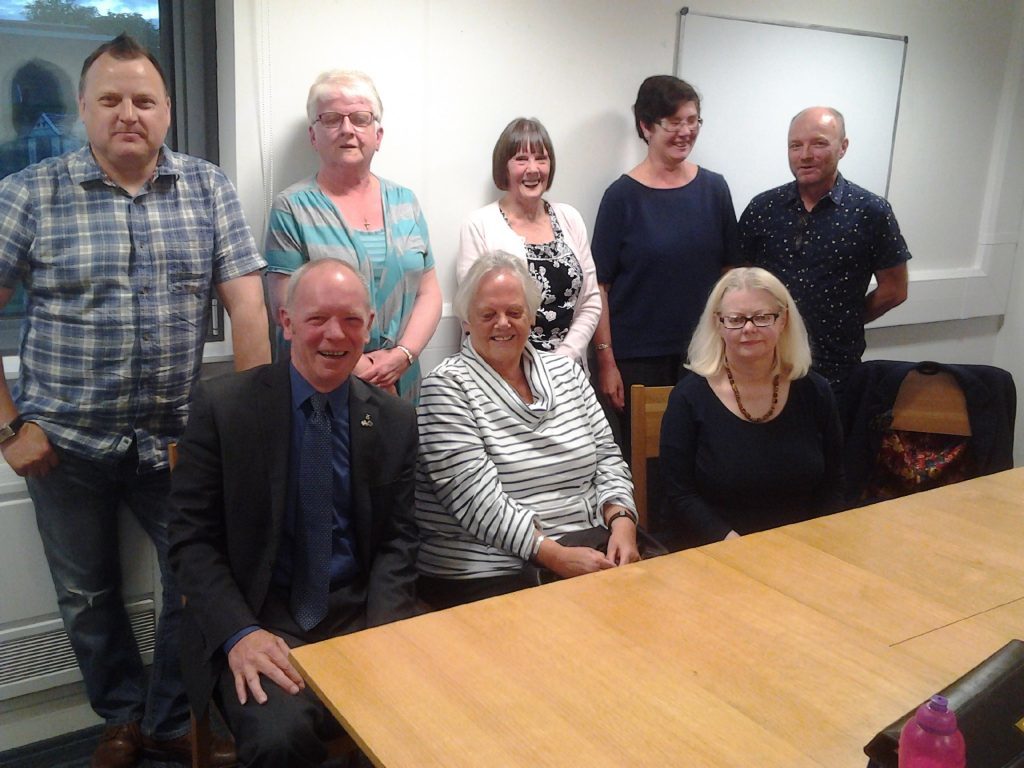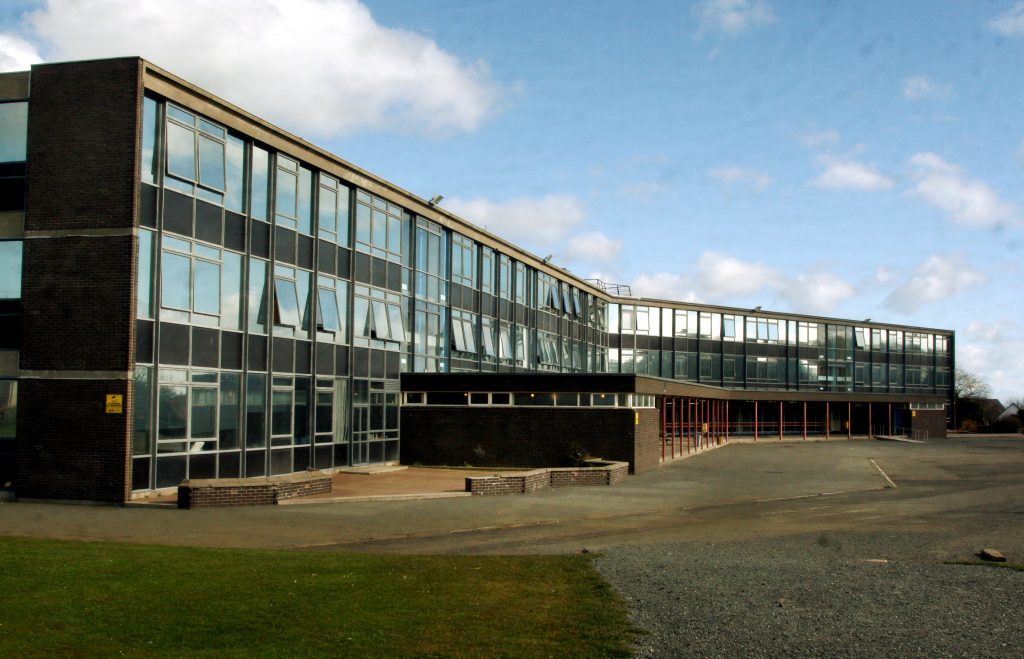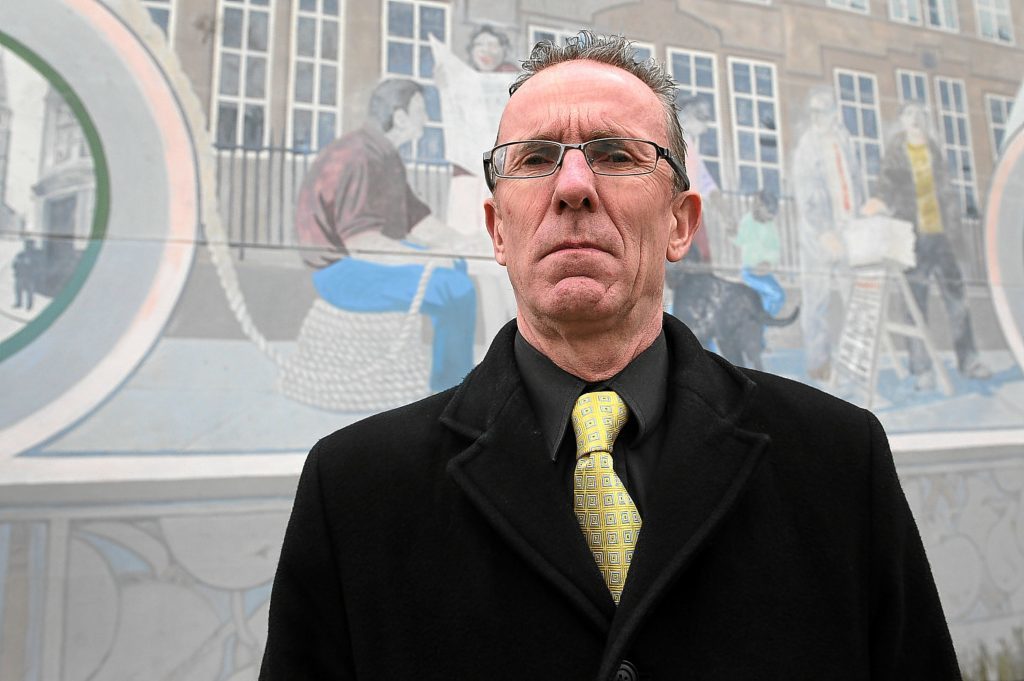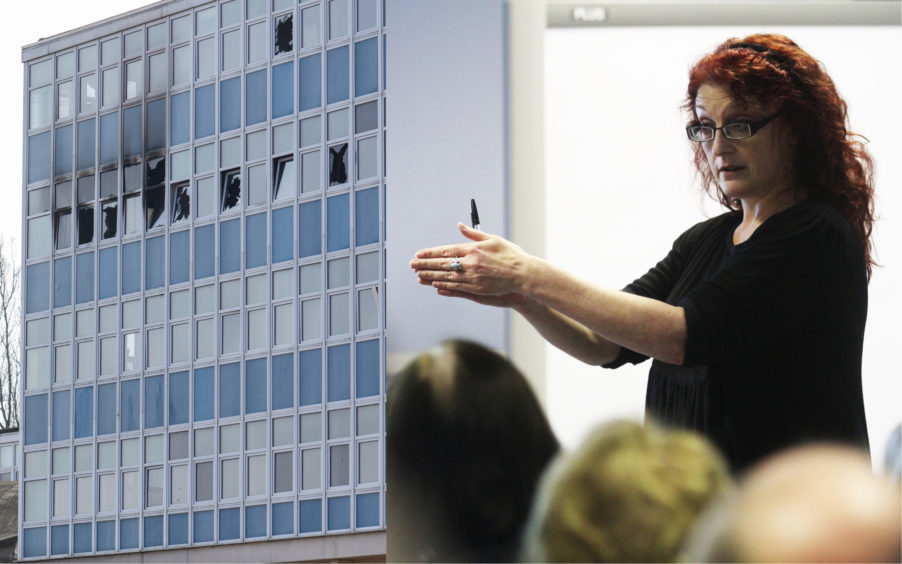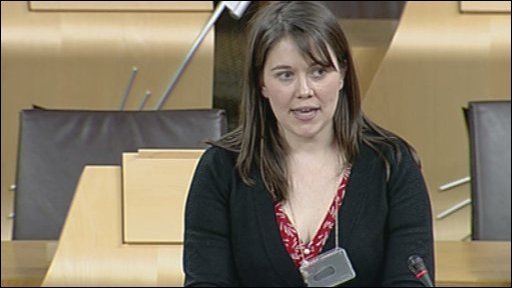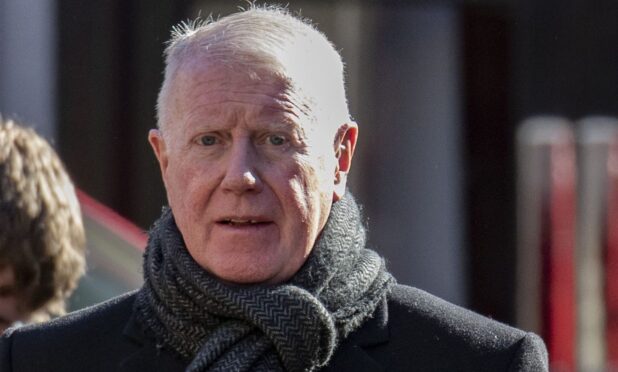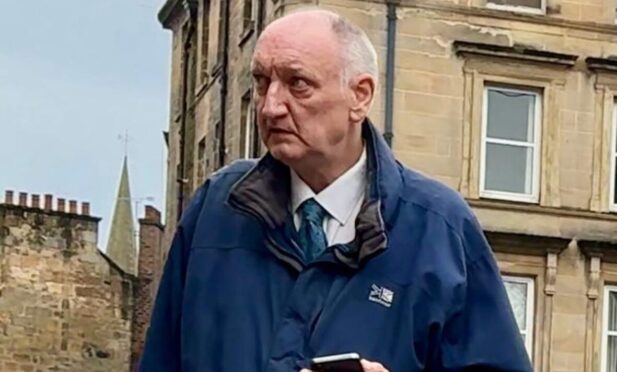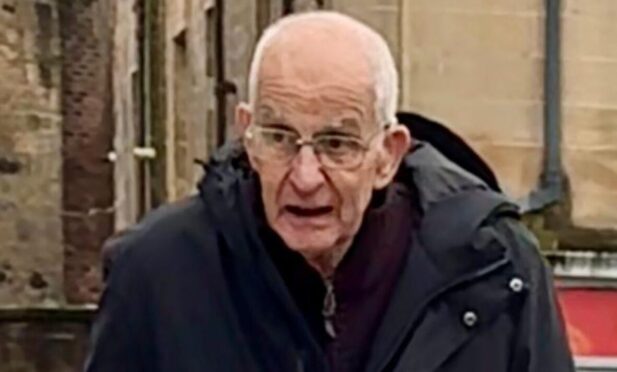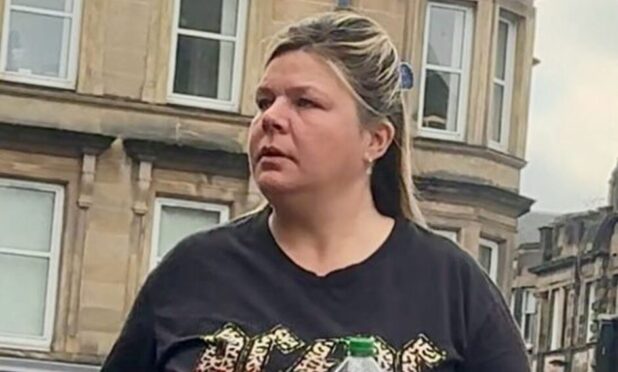Following recent crises to recruit sufficient community council nominees in some parts of Tayside and Fife, Michael Alexander discovers there are challenges to be overcome – but local democracy is far from dead.
They are the most local tier of statutory representation in Scotland – the apolitical grassroots organisations that bridge the gap between local authorities and communities, and help to make public bodies aware of the opinions and needs of the communities they represent.
But are community councils (CCs) facing a crisis?
According to the Scottish Government there are around 1200 active CCs in Scotland.
Local authorities have statutory oversight of them and are required by statute to consult the voluntary bodies about planning applications and licencing matters.
Yet with seven of Fife’s active community councils recently unable to reform due to lack of prospective members; with Angus only avoiding an apathetic CC calamity after its nomination window was extended by a week; and with various other potential community councils across Courier Country standing empty or not needing elections when they do form due to a lack of nominees, it’s been suggested that grassroots democracy is a shadow of what it could be.
Angus Provost Major Ronnie Proctor, who was on his local community council for 12 years before being elected Conservative Angus councillor for Kirriemuir and Dean in 2012, feels that the importance of CCs has increased in recent years as local authority budgets are squeezed.
He is pleased that after the recent membership annihilation scare, only one of 25 Angus CCs will fail to reform after the October 17 elections. They provide a particularly important focus in rural areas, he said.
However, despite some wider criticism that the views of CCs are sometimes “ignored”, he has doubts as to whether CCs should be given more power.
“Power and responsibility are not necessarily the same thing,” he said.
“People have to take cognisance of the big picture and CCs don’t always see the big picture. Voices are listened to but the answers might not always be what people want.”
In Fife, there have been calls to make it easier for people to sign up to CCs by removing the need for proposers/seconders and for applicants to access elector numbers which can be difficult. Despite seven active CCs failing to reform, Fife Council said a total of 77 CCs, out of a possible total of 105, had been able to reform, as opposed to 72 at the same stage four years ago. Nine CCs were due to hold elections on October 4.
In St Andrews, the deadline for nominations was postponed to allow students of the university to participate. Elections there will now be held early next year.
But well known St Andrews community councillor Penny Uprichard, who has a particular interest in planning issues, said she was “not surprised” that a number of CCs are struggling to get enough nominees – and if they do succeed, she claimed, “the problems are only just beginning”.
“St Andrews CC has a very wide range of members, and the only requirement is that they live in the area of the community council,” she said, highlighting the importance of “local knowledge” and being given the regular opportunity to question the four St Andrews Fife councillors.
“The problem is that the rules set by Fife Council and the Scottish Government are difficult to comply with.”
Penny said that unlike many smaller CCs, St Andrews has a full CC and two planning meetings per month.
It is the only statutory consultee in St. Andrews. However, the deadlines can sometimes be difficult to meet.
Nowadays it is common practice for applications to be put on the web with 50 or 60 or more documents. “It is virtually impossible to do more than skip through the more important documents,” she added.
“It is also very rare to hear an objection from CC mentioned in a (Fife Council) committee meeting.
“The great majority of applications are recommended for approval – I believe the figure is that 95% of applications in Scotland are dealt with by delegated powers which usually means one official, with reports being signed off by two senior planners.”
In Dundee, out of a possible 19 CC areas, there are four active CCs – Broughty Ferry, City Centre and Harbour, Fintry and West End.
However, West End Councillor Fraser Macpherson – the Liberal Democrat Group Leader on Dundee City Council – said this perhaps gives a “slightly false impression” of a lack of public involvement as the local authority recognises the likes of Ardler Village Trust, Kirkton Safety Partnership, Stobswell Forum and Community Spirit Action in his own ward as community representative alternatives. There’s also a tendency for residents to get together if they are concerned about a particular issue.
“I have tremendous respect for the residents who get involved in community councils, residents’, tenants’ and other community groups – people who care about the local area and work to help raise local issues and get things done,” he said.
“It has been said that community councils are at the root of better government at the local level and that’s absolutely true.
“Community councils play an important role in local democracy and ensuring local issues are raised and tackled.
“They are also statutory consultees in terms of issues like planning to help ensure local voices are heard.
“I would encourage more local people to get involved.”
Scottish Government Communities Secretary Aileen Campbell told The Courier: “Community councils have been giving local communities a voice on the important decisions happening in their neighbourhoods for more than 40 years.
“There are around 1,200 active councils across Scotland, bringing people together to protect and promote the identity of their communities.
“I recognise their potential and we will be inviting views on ways to strengthen community decision making, as part of our local governance review to transform modern democracy in Scotland.”
ANALYSIS by MICHAEL ALEXANDER
Working in the former North East Fife office of The Courier from the late-1990s, I quickly learned that the most rewarding part of being a good local news reporter was getting to know people at the grassroots of the community and building up good, strong, trusted contacts.
When it came to local people taking a stand against thoughtless developers, irrational hospital closure decisions or heavy-handed local authority administrations, it was often community councillors who stuck their necks out – that army of volunteers with a genuine love for their area who were willing to turn out for meetings in draughty village halls on rainy Tuesday nights.
Crucially, it was those same community-minded folk who were often willing to be quoted in the paper!
However, in 2007, having by this time settled in NE Fife to raise a raise a family and having broken away from grassroots reporting to take on new challenges at Courier HQ in Dundee, I was invited by a then Fife councillor to join Cupar Community Council – going on to be minute secretary for 11 years and only standing down ahead of the most recent elections due to other commitments.
With the community at heart, there’s no doubt the dedication and commitment of volunteers, some of whom have done the job for decades, is admirable.
However, to make CCs more representative of their communities, more needs to be done to persuade younger people that they should get involved – and that’s still proving to be a challenge.
#localmatters
